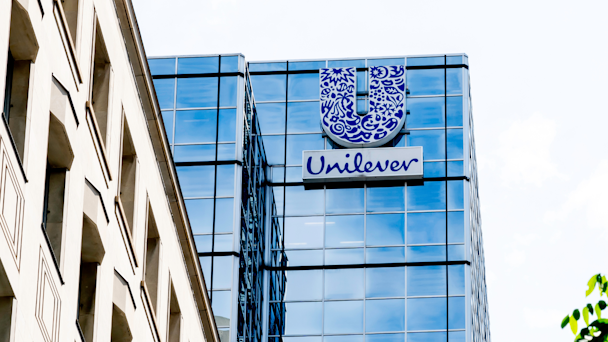Ben & Jerry’s sues parent company Unilever; PR pro says the two may reach a breaking point
The social justice-driven ice cream brand is dialing up the heat on an ongoing spat with Unilever over product sales in Israeli-occupied territories. PR and branding pros weigh in on how the dispute is likely to play out.

Are Ben & Jerry's and Unilever headed for a breakup over socio-political issues? / Adobe Stock
Ice cream purveyor Ben & Jerry’s has filed a lawsuit in federal court against parent company Unilever in an effort to stop the sale of its products in Israel and the state’s occupied territories. The move follows a decision by Unilever to sell its Israeli business to a local licensee, which will keep Ben & Jerry’s products commercially available in Israel and its occupied territories, including in the West Bank.
The purpose-driven ice cream brand — which calls itself “an aspiring social justice company” and has for years made headlines for its (occasionally controversial) social and political initiatives — has claimed in the suit that Unilever’s decision was made without the approval of its independent board. Unilever has confirmed the deal “has already closed,” per reporting by CNBC.
The development ups the stakes of an ongoing dispute between the ice cream brand and its parent over sales in Israeli-occupied territories. Last year, Ben & Jerry’s said it would cease sales in West Bank settlements due to human rights concerns, saying, “It is inconsistent with our values for Ben & Jerry’s ice cream to be sold in the Occupied Palestinian Territory...”
Now, following the news that Ben & Jerry’s is bringing legal action against its London-based owner, Unilever is telling the brand to stand down.
“There is plenty for Ben & Jerry’s to get their teeth into on their social justice mission without straying into geopolitics, and I’m sure the brand will continue to enjoy a very bright future doing just that,” Unilever’s chief executive officer Alan Jope said on a call with journalists earlier today.
It’s not the first time this year that the two organizations have butted heads; Unilever expressed disapproval in February when Ben & Jerry’s tweeted that Joe Biden would do well to “work for peace rather than prepare for war” amid the developing conflict in Ukraine.
And experts believe the two organizations may be reaching a breaking point. “This may be the beginning of having the brand separate itself from Unilever,” says Karen Freberg, a marketing expert and professor of strategic communications at the University of Louisville.
“In my experience,” she says, “lawsuits against brands usually do not signify a future relationship moving forward. Plus, this is not the first time Ben & Jerry’s and Unilever have had challenges and differences of opinion.” Freberg says she would “not be surprised” is the decision to sue Unilever is part of a broader plan on Ben & Jerry’s part to “force the hand of the parent company and be able to leave.”
And while Ben & Jerry’s has made it repeatedly clear that it’s a purpose-focused organization, Freberg cautions that its insistence on taking stances on social and political issues is sure to alienate a share of potential customers — and as a knock-on effect, upset Unilever over stakeholder concerns.
“In today’s current climate, brands are stuck between a rock and hard place since there are audiences from different ends of the continuum that have polarizing viewpoints…Ben & Jerry’s is addressing their core audiences that share their values, but could also alienate the rest of their audiences from their brand,” she says. “I wouldn’t be surprised to see Unilever sell Ben & Jerry’s off, as this could be the last straw for them moving forward.”
On the other hand, some argue that it’s exactly the ice cream brand’s social justice-centered mission that’s secured its success in the marketplace. A recent study on customer loyalty from brand consultancy Brand Keys found that Ben & Jerry’s has the most loyalty and “emotional engagement” among customers in the ice cream category, per the company’s founder and president Robert Passikoff.
Passikoff predicts that this latest debacle will have little impact on customers’ perception and spending patterns when it comes to Ben & Jerry’s. “It’s one of those things that Wall Street and financial analysts and Unilever management pay attention to, but not the overwhelming majority of consumers. Tweets are here one minute and gone the next. And most consumers probably don’t know Unilever owns the brand. What consumers know is the brand…all they want is their Cherry Garcia.”
Despite acknowledging the loyalty that Ben & Jerry’s social initiatives have helped ignite, Passikoff suggests that it’s a universally bad idea for brands to engage in politics. “Brands should stay as far away from politics as they can, as it’s not part of their category values, no matter how much ‘social justice’ they want to claim as their responsibility,” he tells The Drum. “How this shakes out is: Unilever, one; Ben & Jerry’s, zero; and for consumers, it’s a wash.”
Ben & Jerry’s declined a request for comment; Unilever could not be reached for comment.

